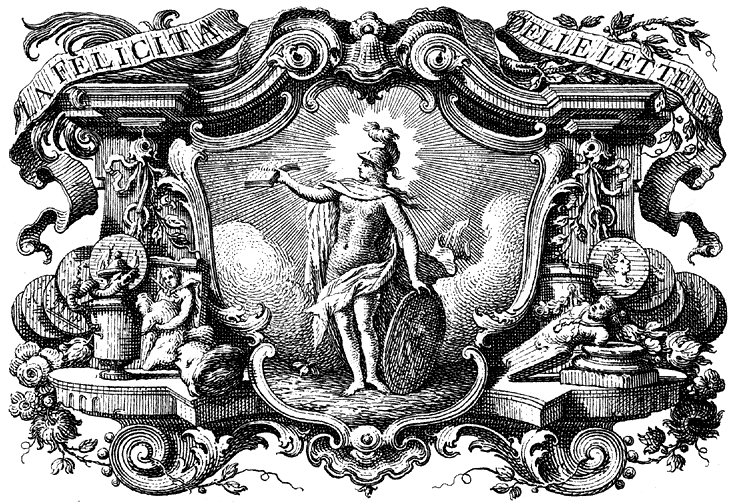Sensibilité: The Knowing Body in the Enlightenment
Brisbane, 3-5 dicembre 2010
In conjunction with the Australasian Society of Continental Philosophy Conference, the Centre for the History of European Discourses at the University of Queensland will be sponsoring a specialist stream: Sensibilité: The Knowing Body in the EnlightenmentIn mid- to late- eighteenth century thought, particularly in France and in the thought of the philosophes, materialism and atheism were seriously considered both publicly in the writings of, for example, d’Holbach, and privately by others such as Diderot.
Abstract:
The 1743 treatise Le Philosophe presents the philosopher in materialistic and mechanistic terms as a human thinking machine that reflects on its own motion. In the context of vitalist medicine, this, however, is far from a mechanistic description in the modern sense. Sensationism was the highly idiosyncratic epistemology of the period—formalised and systematized by Condillac, the system was widely shared including by Rousseau, Diderot, Voltaire, and Sade. Sensibility is an embodied epistemology briefly flourishing in a period before “the theory of knowledge” was taken as a discrete field of philosophical inquiry. Hence sensationism was heavily influenced by the philosophical anthropologies of the day and by medical science. This is evident in the highly contested work of La Mettrie but also in the work of Roussel, Tissot and Rousseau. Rousseau was a dualist, a sensationist and a theorist of virtue, and purity of the heart. The violence of passion was itself an enemy, the unnatural product of modernising society. Sade was a materialist, a sensationist and a theorist of vice, cruelty and lust. For him the purity of the heart was an impediment to pleasure. Here the philosophical novel’s power to affect makes it the philosophical genre of choice. The Enlightenment notion of sensibility provides a paradigm that integrates such diverse fields as physiology, medicine, philosophy, ethics, anthropology, aesthetics and literature.
